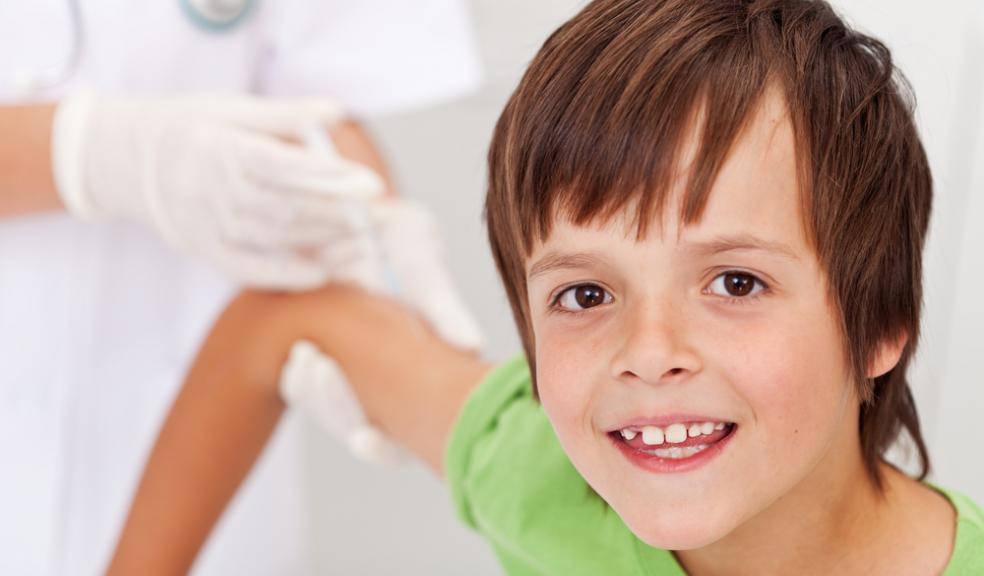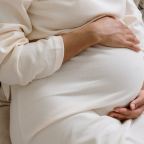
Devon adds its voice to MMR campaign
Devon’s Director of Public Health is urging parents to ensure their children have had their MMR (Measles, Mumps and Rubella) vaccinations, following a measles outbreak in Wales.
Dr Virginia Pearson’s message is part of a national joint campaign between the Association for Directors of Public Health, Public Health England – the government organisation responsible for immunisation; and the Local Government Association, to increase take-up of the vaccine in children and teenagers, following the recent outbreak in some parts of the UK.
Dr Pearson said: “Generally across Devon we have a sufficient take-up of the MMR vaccine to prevent any kind of large-scale outbreak, such as the recent one in Wales.
“However, there are pockets across the County where immunisation levels are low. This not only increases the chances of children contracting the disease; but also exposes them to the potential risks of serious complications resulting from it.
“The combined MMR is a proven safe and effective way to immunise children from measles, mumps and rubella, and we would encourage anyone who has not already, to make sure their children have been vaccinated.”
The MMR vaccine is offered in two doses, the first between 12 to 13 months old and the second before the child starts school. The second dose provides increased protection, with less than 1 per cent of children remaining at risk after having it.
The MMR vaccine can also be given safely to people who have not been vaccinated during childhood.
Measles is very easily spread and the symptoms include:
- Cold-like symptoms
- Red eyes and sensitivity to light
- Fever
- Greyish white spots in the mouth and throat
- After a few days a red-brown spotty rash will appear
- Vaccinated children, or anyone who has already had measles, are very unlikely to catch the disease.
Vaccination rates for children in Devon have risen steadily since the 1990s, with around 90% of children across the county immunised. Although data is not held centrally, it is likely that uptake amongst adolescents (from ages ten to 16 year-olds) is lower than current levels because of the concern around the now discredited links to autism in the 1990s, and so this age group in particular is potentially more likely not to have been vaccinated.
Dr Pearson said: “We would encourage parents of children in this age group who have not been vaccinated, to arrange this with their GP. Anyone who is unsure whether or not they have been vaccinated can check with their GP surgery.
“At any age, vaccination will still provide the same immunity to this serious disease, and offers protection to the child and their community.”
More information can be found by following Public Health England on Twitter or by using the hashtag #gettheMMR; or by visiting the new Facebook page in conjunction with NHS Choices.
For national Public Health England press releases and updates visit the Public Health England website.
For further information and clear advice to parents visit NHS Direct.












